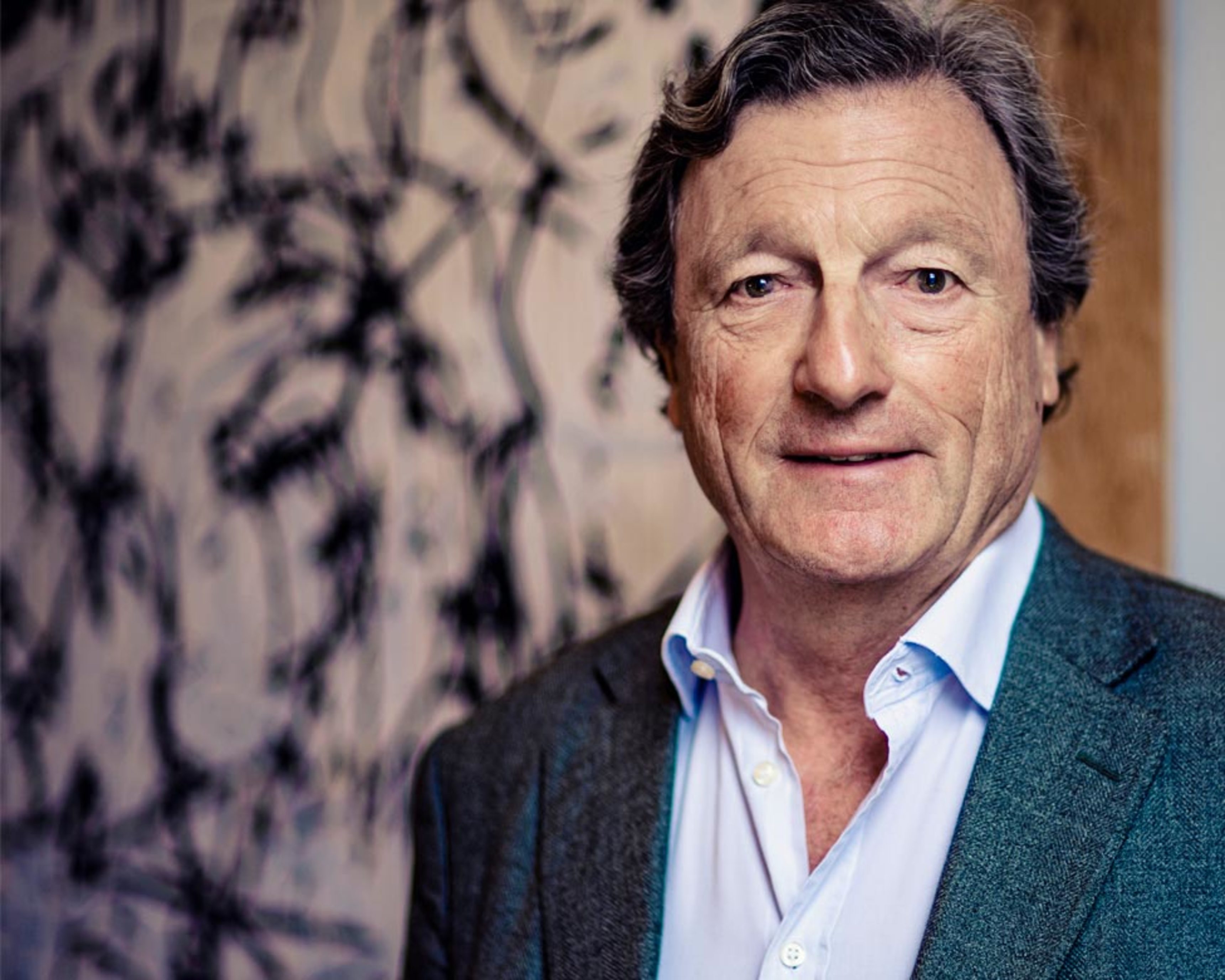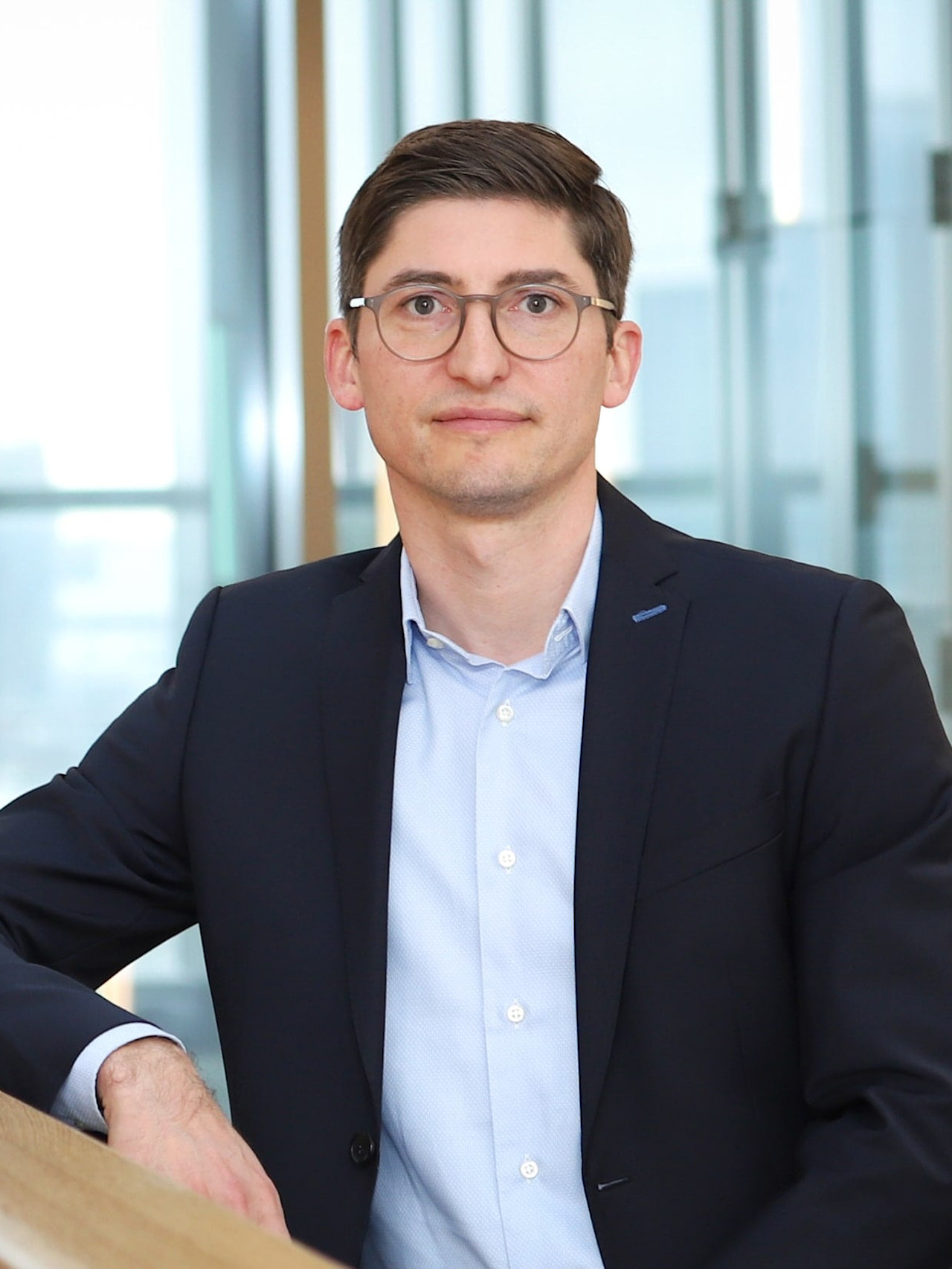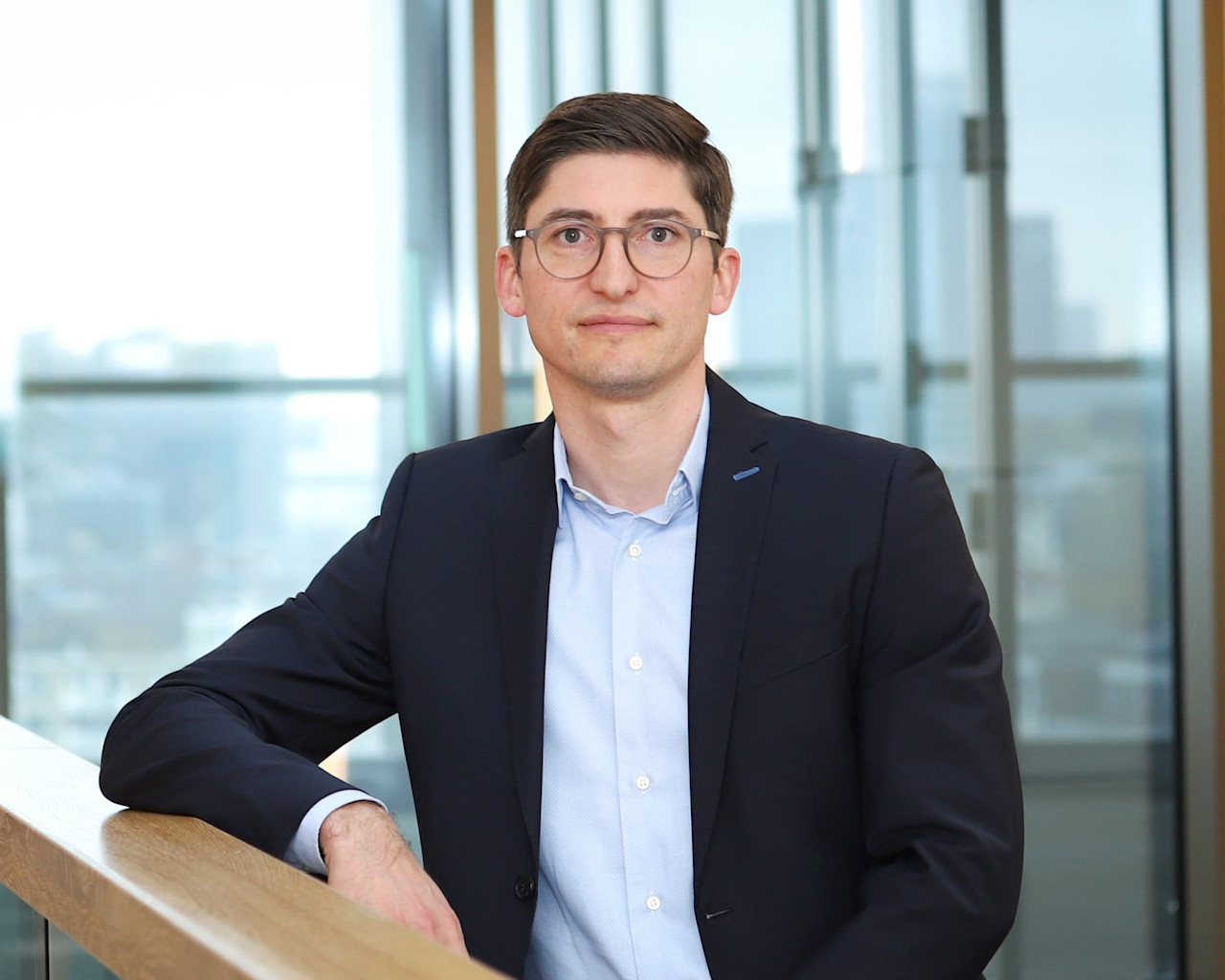
Tackling the take-make-waste economy
Robert-Jan van Ogtrop talks circular economy. Keizersgracht, in the heart of Amsterdam. The bastion of old money, where four hundred years later the rich history of the Dutch East India Company still adorns the walls of centuries-old canalside houses. The canal belt is lined with glistening luxury sports cars, all parked along the too narrow streets like showpieces of the linear economy. And this is precisely where we meet Robert-Jan van Ogtrop, an advocate of the circular economy.



In a short space of time, the circular economy has become a household name, with many faces and labels. These include regenerative economy, donut economy and blue economy. But a word of warning: not everything referred to as circular economy is actually worthy of the name. Greenwashing is on the rise here, too, says Van Ogtrop. The circular economy according to Van Ogtrop is fully sustainable and linked to how our planet works. “We live on a planet defined by circularity – even the shape itself – with day and night, the four seasons, and so on. Before we lived on Earth, waste – in the sense of rubbish – didn’t exist. There is no waste in nature; nothing is discarded. Nature works so cleverly that everything which is used is reused.”
Van Ogtrop stresses this point and not without reason. The almost nonchalantly expressed statement ‘waste doesn't exist’ goes to the very heart of his argument – this notion forms the foundation of the circular economy. In our modern times – in which consumerism reigns supreme and capitalism is groaning under the weight of its own excesses (such as climate change, smog in large cities, waste mountains and plastic soup) – his message is that waste doesn't exist. Not that there isn’t any rubbish, but that we shouldn’t see it as waste.
We created the linear economy during the Industrial Revolution, says Van Ogtrop. “Fantastic things have happened since then, let that be clear. But if you create a linear economy on a planet that works in a circular way, sooner or later you reach your own boundaries. We’ve all created the take-make-waste economy, constantly extracting raw materials from the ground. We feed them into a linear growth model, acting as though they are an endless resource – which, by definition, is not the case. And now we’re seeing that in the coming decades, a number of vital resources will be depleted if we continue as we are. What is more, owing in part to the growth of the global population, the linear economy is now creating gigantic mountains of trash, which we are almost literally choking on. We’re reaching all the planetary boundaries.”
Recycling is the last option
A conversation with Van Ogtrop is mainly a question of listening carefully. Every question leads to a passionate mini lecture. But don’t think that he’s a moral crusader, or an environmental activist. The former CEO of Bols and subsequently Remy Cointreau (and later partner at CVC) is not against capitalism. But he does note that ‘we’ have a problem and that most people have buried their heads in the sand, while a small portion are attempting – with doom scenarios – to get things moving. Van Ogtrop’s approach is a positive one instead. “The good news is that there is a holistic, positive and inspiring solution.” Which is? “It is important to convert the current economic model in such a way that we start working circularly again. We decide to agree that waste just doesn't exist.”
It sounds easy, but how do you avoid waste in a world of mass production, mass consumption and disposable products? Again, the answer is, in theory, simple. “You can produce whatever you want; there is complete freedom – a free market economy – but when a product that you have produced comes to the end of its life cycle, it’s your responsibility as a producer to ensure that it doesn't end up on the mountain of waste. This can be achieved through the use of circular models, or by using the components as input for the next cycle.” If you take this idea to the extreme, says Van Ogtrop, you don't have any more waste and you don't have to continuously mine new raw materials. So you prevent planet Earth from becoming depleted. But the circular economy, Van Ogtrop stresses, is much more than recycling. Recycling is only the last option, if reuse, refurbishment and remanufacture are not, or no longer, possible.
Keep up with the latest sustainable insights
Join our newsletter to explore the trends shaping SI.
Selling services
Changing our view of how we use products: that is the essence of the circular economy. Selling services instead of products, for example. Van Ogtrop’s Circle Economy has done a number of projects with Philips. “When the world switched to LED light bulbs, Philips had a problem because these light bulbs don't need to be replaced every few months. At that point, you could say, ‘My business model is broken because these light bulbs last for ten years’ or you could move on to selling the service. So, for example, Philips makes a contract with Schiphol to sell light as a service – for the runways, duty-free shops, lounges, everywhere – for a fixed monthly rate. Then all of a sudden, the company benefits from long-lasting light bulbs, because they don’t need to keep sending people to climb high ladders and change them. In the words of Johan Cruyff: ‘You’ll only see it when you realize it.’ Or when innovation forces you to think differently.
And it doesn't stop at light bulbs. The same principle applies in the medical industry, for example, with MRI scanners. In the old linear economy, Philips benefited from the launch of a new model every two or three years. Hospitals would then just dispose of the old model, for which they might have paid a few hundred thousand euros, and buy the latest one. “In the circular economy, Philips sells the service or leases the machines rather than selling them. Therefore, it remains the owner of the equipment and thus benefits from its longer service life. Improvements are implemented in a modular way, which means that instead of having to be replaced, the machine is upgraded. So, over time, the value of the equipment increases rather than decreases. The great thing is that Philips also knows when the MRI scanners will eventually be returned (after, say, 20 years), what parts they contain and how many of them can be reused.”
Important information
This information is for informational purposes only and should not be construed as an offer to sell or an invitation to buy any securities or products, nor as investment advice or recommendation. The contents of this document have not been reviewed by the Monetary Authority of Singapore (“MAS”). Robeco Singapore Private Limited holds a capital markets services license for fund management issued by the MAS and is subject to certain clientele restrictions under such license. An investment will involve a high degree of risk, and you should consider carefully whether an investment is suitable for you.

























